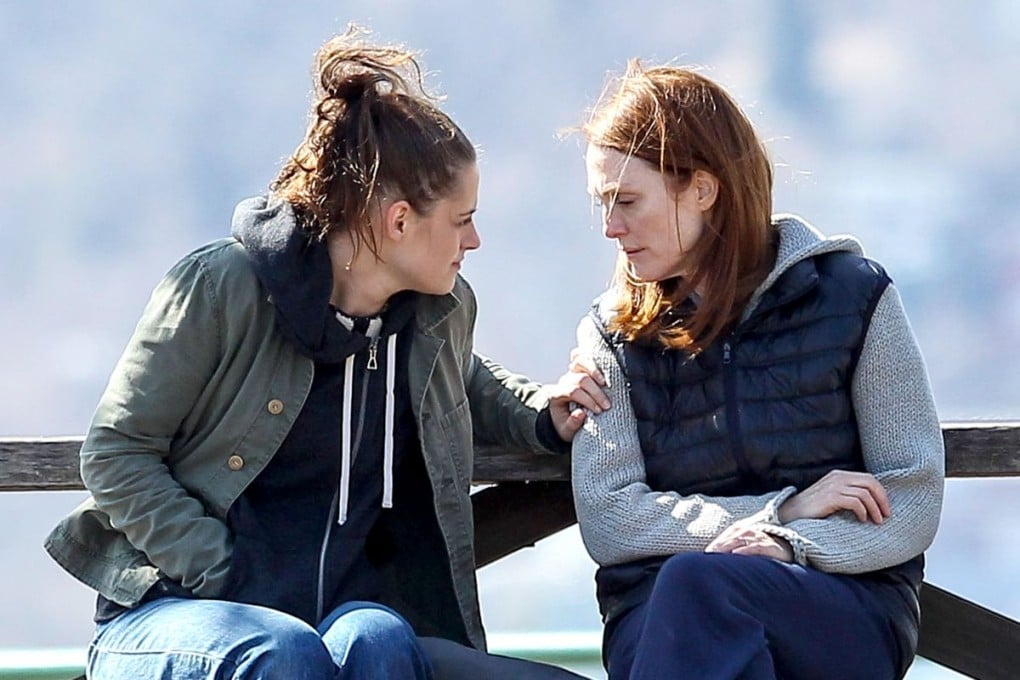As I see it | Still Alice (and Julianne Moore’s near-certain Oscar win)

Alzheimer’s is a terrifying disease. It takes from its elderly victims what they cherish most: memories. It also has no known cure: drugs can slow the progressive decline in cognitive function but not reverse it. That means from the day a patient is diagnosed with AD, it is all downhill from there. There are no exceptions or miracles.
Still Alice lays bare the cruelty of Alzheimer’s disease, not through big dramatic scenes (you won’t see the AD-struck protagonist tumble down a stairway or pass out in front of traffic) but through mundane, everyday struggles. The screenplay is adapted from American neuroscientist Lisa Genova’s bestselling novel of the same name. Co-directors Wash Westmoreland and Richard Glatzer, a husband-and-husband team, strike the right balance between realism and pessimism. The film never becomes the melodramatic sap that it easily could have. Instead, it tackles the subject with honesty and compassion. It might have something to do with Glatzer's own struggle with ALS, better known as the "ice bucket disease," which has rendered him wheelchair-bound and unable to speak.
In the end, it is Julianne Moore who makes Still Alice more than a typical terminal illness film. Moore is an actress with range, playing anything from a sadomasochist in The Big Lebowski to Tea Party poster girl Sarah Palin in Game Change, to a rebellion leader in The Hunger Games. In Still Alice, she is Alice Howland, an accomplished Ivy League professor who stands to lose everything in life to early onset Alzheimer’s. Her character is tenacious and resourceful, frustrated and terrified – traits and emotions that Moore communicates authentically and grippingly, often time with just a frown or an ever-subtle squint. Having five Oscar nominations under her belt, her time for a win has finally come.
Alec Baldwin plays Alice’s hard-charging husband who oscillates between denial and selfishness. He handles the unlikeable role almost too convincingly and that’s a compliment on his craft but not his real life persona. Kristen Stewart is Alice’s wayward daughter Lydia. As though she was still on the Twilight set, the 24-year-old starlet delivers every line with the same Bella Swan lower lip bite and self-interruption. You can’t help but feel that Edward Collins might jump out any moment and turn her into an undead. If Stewart wants to prove to audiences that she can play more than a lovesick vampire-chaser, she ought to at least change her hair, her wardrobe, and most importantly, her acting.
Still Alice is heavy stuff. It is not the kind of movie you want to take your date to on a Saturday night. But it is worth watching because, if for no other reason, everyone will be talking about it when Julianne Moore gives her acceptance speech at the Oscars in two weeks. The film will fill you with respect for those who struggle with Alzheimer’s, and make you pause for thought – for who doesn’t exhibit some signs of early onset AD from time to time, such as drawing a blank for words or walking into a room only to forget why you are there in the first place?
